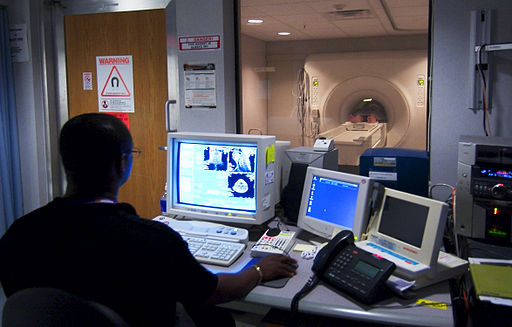By DiscoverTheOdds.com
Updated July 13, 2017
A research study investigating the relationship between sleep quality and early indicators associated with the future development of Alzheimer’s disease has yielded an important new insight.
Advertisement
Study participants included 101 cognitively normal, middle-aged and older adults drawn from the Wisconsin Registry for Alzheimer’s Prevention (WRAP).
Study participants completed assessments of 1) sleep adequacy in terms of both quality and quantity (in other words, whether or not a person slept well and whether they slept enough time or long enough) and 2) somnolence (daytime sleepiness or drowsiness).
The international team of researchers conducting the study analyzed participant cerebrospinal fluid (CSF) for biomarkers of neuropathology looking for markers associated with Alzheimer’s disease alongside the sleep reports of the participants.
A New Link Between Sleep Problems and Alzheimer’s
The study resulted in evidence of not only a previously known connection between nighttime sleep disturbance and markers associated with preclinical Alzheimer’s disease, but also found a new link between daytime sleepiness and early markers of neurodegeneration.
The results of the study suggests that daytime sleepiness in particular, resulting from even relatively limited nighttime sleep disturbance may be an early indicator of underlying neurodegeneration identified as appearing in the preclinical stage of Alzheimer’s, even in cognitively normal individuals.
A full description of the study and its findings appears in the journal Neurology.
Alzheimer’s disease is a type of dementia that typically develops slowly over time and results in problems in memory, thinking and behavior. Symptoms become severe enough to interfere with the basic activities and tasks of daily life. Alzheimer’s is not a normal part of getting older.
Now What? Turning to Better Sleep To Lower Alzheimer’s Risk
There is an increasingly well-documented relationship between poor sleep and the precursors to the development of Alzheimer’s disease.
An implication of the relationship between sleep and Alzheimer’s is the possibility that addressing sleep disturbance and poor sleep is an effective target for interventions aimed at preventing or slowing oncoming cognitive decline linked to the eventual emergence of the disease.
Good nighttime sleep may be key to reducing the odds of developing Alzheimer’s disease.
If you’re concerned about Alzheimer’s risk, the research urges you to pay attention to missed sleep, sleep disturbance and daytime sleepiness in yourself and your loved ones and implement effective strategies for improving sleep.
Featured image courtesy of Jason Trbovich on Flickr.




